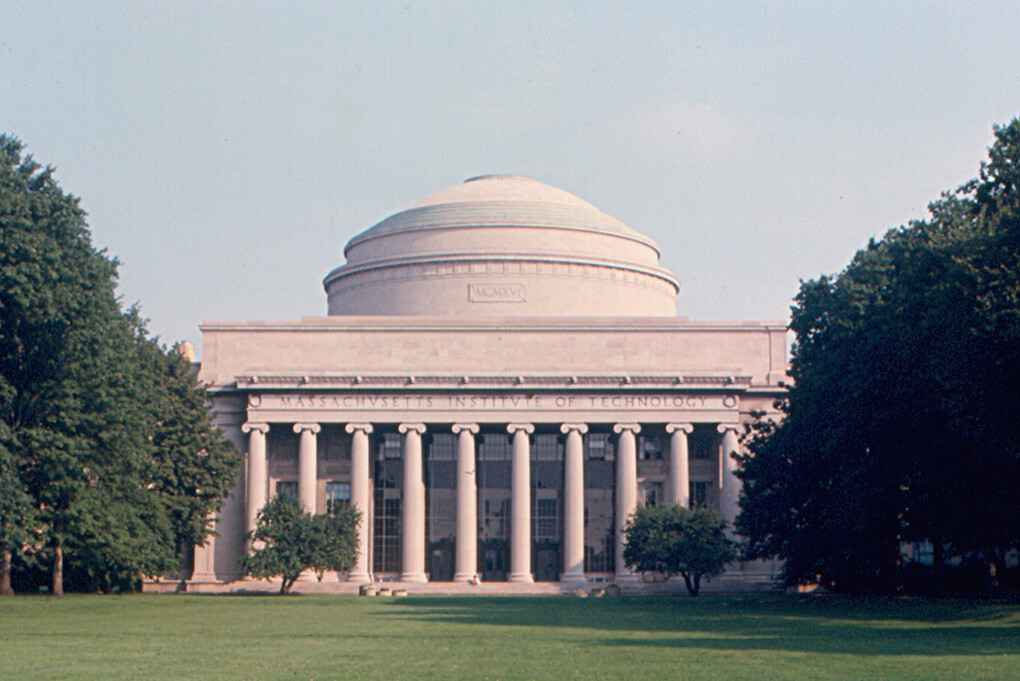Your donation will support the student journalists of Sycamore High School. Your contribution will allow us to purchase equipment and cover our annual website hosting costs.
Operation Varsity Blues 2.0
New lawsuit brews questions about admissions practices at elite schools
January 13, 2022
We have reached the time of year again when bulky acceptance packages begin arriving in mailboxes, and congratulatory emails start to filter into the inboxes of seniors across the country, anxiously awaiting word from that top-choice school. Yes, you guessed it—college admissions decision season has arrived.
While most committed athletes and those who applied early have likely already made their choice at this point, most students are just beginning to compare their offers. Myriad factors, from location to size to programs offered, will be considered, but perhaps one of the most significant pieces of the puzzle is cost.
With the average tuition and fees of a public, in-state school already surpassing the $10,000 mark, according to US News and World Report, paying for college poses a significant financial burden for many families. Fortunately, universities utilize practices to mitigate these costs, such as scholarships and financial aid packages. Some schools also boast a need-blind admissions policy, meaning admissions officers will not consider the applicant’s financial situation when making their admissions decision.
Sounds legitimate, right? Think again.
A lawsuit filed on behalf of five former undergraduates in federal court on Monday, Jan. 10, accused 16 top-ranked private universities of reducing financial aid awarded to students through a price-fixing cartel. The suit claims that for almost two decades, the colleges have overcharged thousands of students who were eligible for financial aid—an estimated 170,000 students, to be exact.
As Matt Murphy, a legal analyst for ABC News explains, “The lawsuit essentially alleges that these universities got together and artificially limited the amount of financial aid that would be supplied to students…and therefore artificially raised the overall cost of their education.”
According to The New York Times, these allegations stem from an old antitrust exemption. Under the law, these universities can collaborate on financial aid formulas if they follow a need-blind policy; however, the suit claims that nine of the 16 schools are not even need-blind.
The nine alleged colleges are Columbia, Dartmouth, Duke, Georgetown, the Massachusetts Institute of Technology, Northwestern, Notre Dame, the University of Pennsylvania, and Vanderbilt. The lawsuit claims that some of these schools break their promise of need-blind admissions through practices such as weighing the financial need of wait-listed students, while others give preference to children of wealthy donors.
The other seven schools—Brown, the California Institute of Technology, the University of Chicago, Cornell, Emory, Georgetown, and Rice—collaborate in the 568 Presidents Group organization on financial aid formulas with the aforementioned schools, essentially making them guilty by association.
While infuriating for the thousands of allegedly overcharged students, news of this lawsuit hits home for the many seniors knee-deep in the college process right now.
“I’m really surprised and slightly offended in a way. I know so many people who dream of going to those schools; I’ve applied to some of them myself. But even if that acceptance letter comes in the mail, money always plays a huge factor before you can make your decision, especially when it comes to these elite schools,” said Sophie Leong, 12.
Unfortunately, news of these kinds of scandals is not new. Operation Varsity Blues, a college admissions scandal that broke in March 2019, brought to light some of the corrupt practices used by the wealthy to get their children into elite schools. According to ABC News, the scandal involved $25 million worth of bribes and payments, and 50 people were charged, including actress Lori Loughlin, well-known for her role on the TV series “Full House.”
The lawsuit differs from Operation Varsity Blues in that the suit “has the potential to do far more damage to the image of higher education,” as explained by Forbes. For Varsity Blues, some of the blame could be shifted onto the wealthy individuals involved; now, “the allegations are aimed squarely at the institutions themselves,” according to Forbes.
Ultimately, as tuition prices continue to increase with decreasing amounts of financial aid to cover them, the line between big business and educational institution begins to blur. And until that line becomes defined, students will only remain trapped in the crossfire of questionable admissions practices.
“It’s crazy how these colleges are saying they want the best for their students and want to make their dreams come true. It seems like that’s far from the case,” Leong said.
